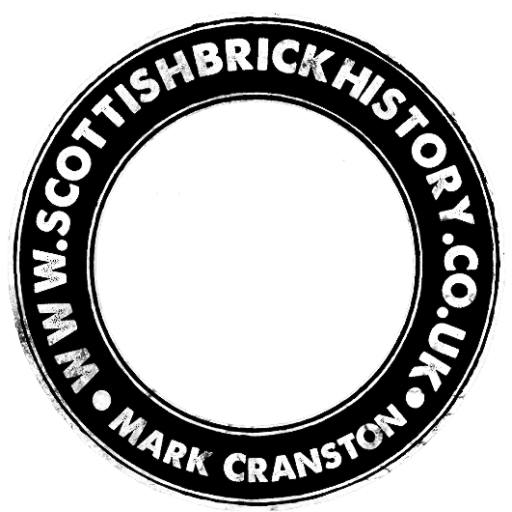Nathaniel Udwart, brickmaker, Edinburgh
Source – Sourcing Scottish Redwares by George Haggarty, Derek Hall and Simon Chenery –
In those areas of Britain where there were suitable clays and, generally, little useful stone available, bricks started to become popular in the mid-1400s. However, this was not the case in Scotland where there was an abundance of good building stone. There is no documentary or archaeological evidence for the production of bricks in Scotland, prior to 1610 when Nathaniel Udwart made his application to produce bricks, etc. (RPC xiv fol. 151a)
and
In March 1610, an application to produce brick tiles, water pipes, and tin glazed earthenware, was granted under the great seal to Nathaniel Udwart, lawful son to the deceased Nicoll Udwart, merchant and late provost of Edinburgh. ‘Mr Nathaniell intendis, be himself and utheris quho will joyne with him, to bring ane trew and perfyte tred of the sufficient making of brick and tyll of all sortes, nevir heirtofoir maid in ony sufficient quantitie for building of houses, convoying of wateris’. The licence was granted for a period of 21 years (RPC xiv fol. 151a). Nine years later, in 1619 another licence was granted, this time to Johne, Lord Kinclevin, his heirs, assignees, ‘secluding all utheris’ to make ‘all sorts of earthin vessellis and wark of clay, tyll marrill not heirtofoir practiseit within this kingdoms, and to dispone thairupoun ather in or without the said realme.’…is licence will not bar any from the making of earthenware… ‘that they have beine accustomat and inuse to mak at any tyme bygane,’ but opposition to the tenour of this licence will be punished by confiscation of the Killis [Kilns] tobacco pypis and utheris’ (RPCxi. fol. 82a). As far as we know, no documentary or archaeological evidence exists to show that these works were ever put into operation.
Scotianostra – Today (02/11) in 1621 Nathaniel Udwart of Edinburgh granted a patent for the manufacture of soap, previously imported from Flanders. Back in the day soap was taxed and as a commodity under patent could only be made with appropriate permission and fees paid to the patentee. It was thus seen as a commodity of the rich (who could afford to pay a few pennies more) and limiting its production by taxation left more tallow (an essential ingredient) for the candlemakers – and their product, much in demand, was kept cheaper to all. So everyone was happy and many were grubby. I suppose that’s where the term “the great unwashed” came from? I couldn’t find a pic of old Nathaniel Udwart but did dig a wee bit further into the man himself and found out he was actually based in Leith, in those days Leith was another city in its own right, Uddart was one of the most active and enterprising merchants of his time. The manufacture of soap was the first but not the only industry he established in Leith. To obtain a supply of oil with which to carry on its manufacture Uddart received a further patent to trade! in oil obtained from the whale fishing in Greenland. The manufacture of soap and the whale fishing were to continue to be two of Leith’s staple industries for the next two hundred and fifty years.

